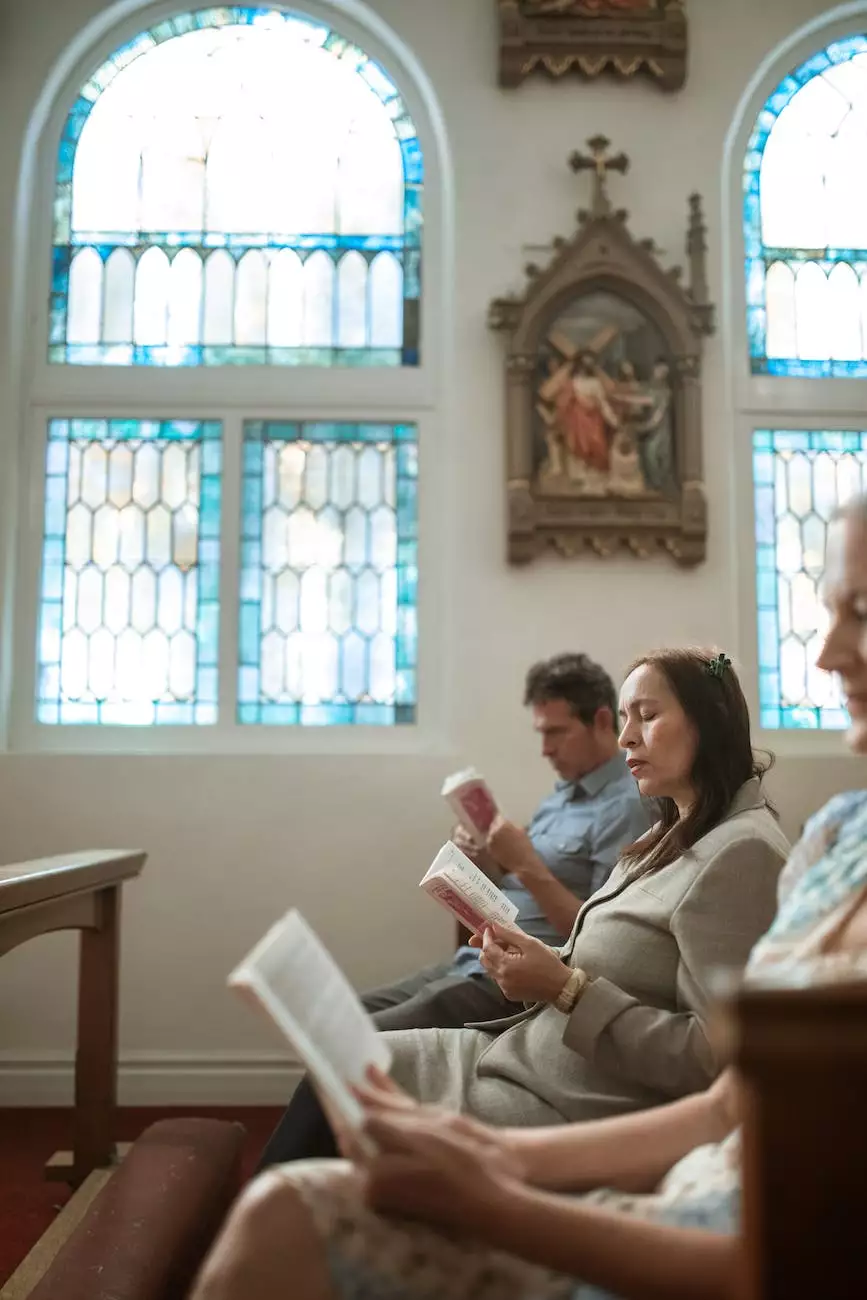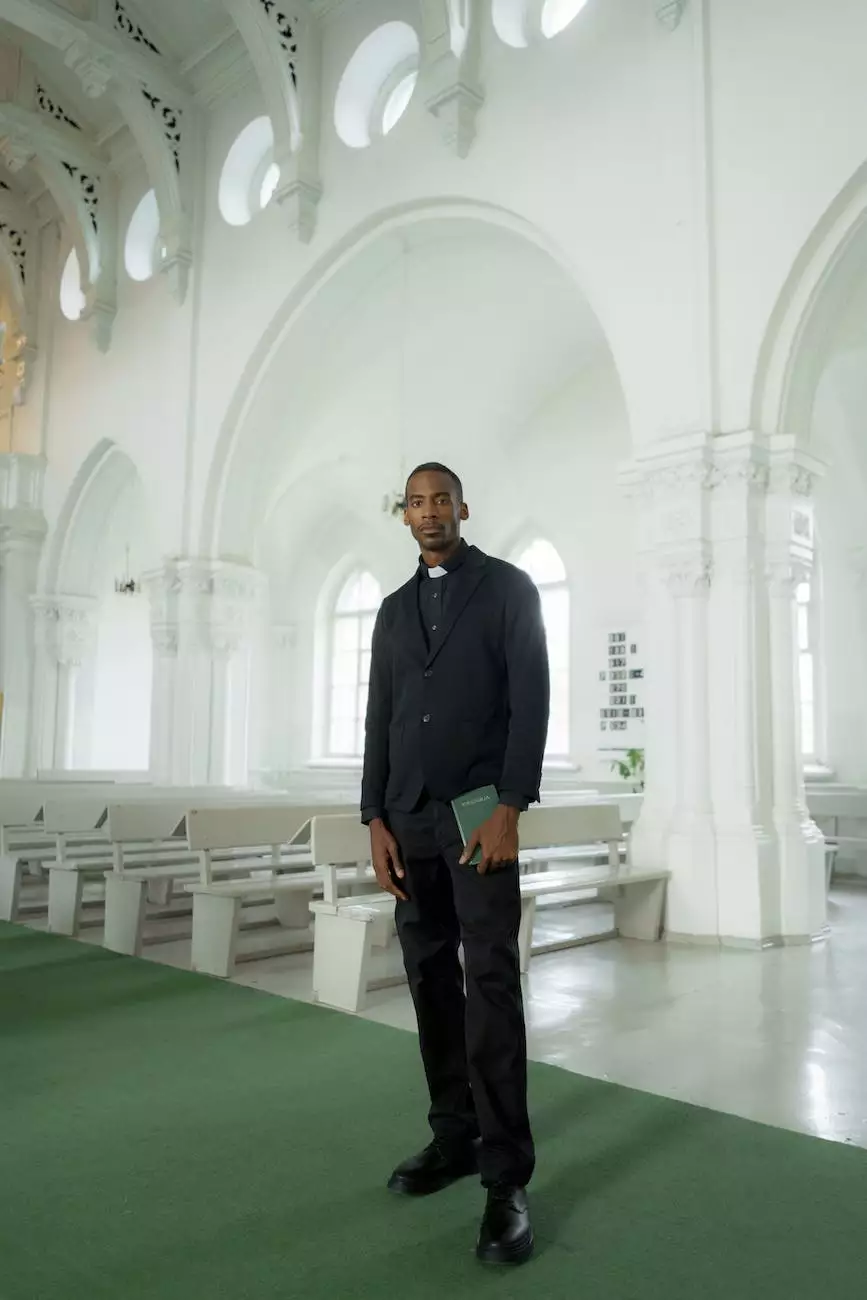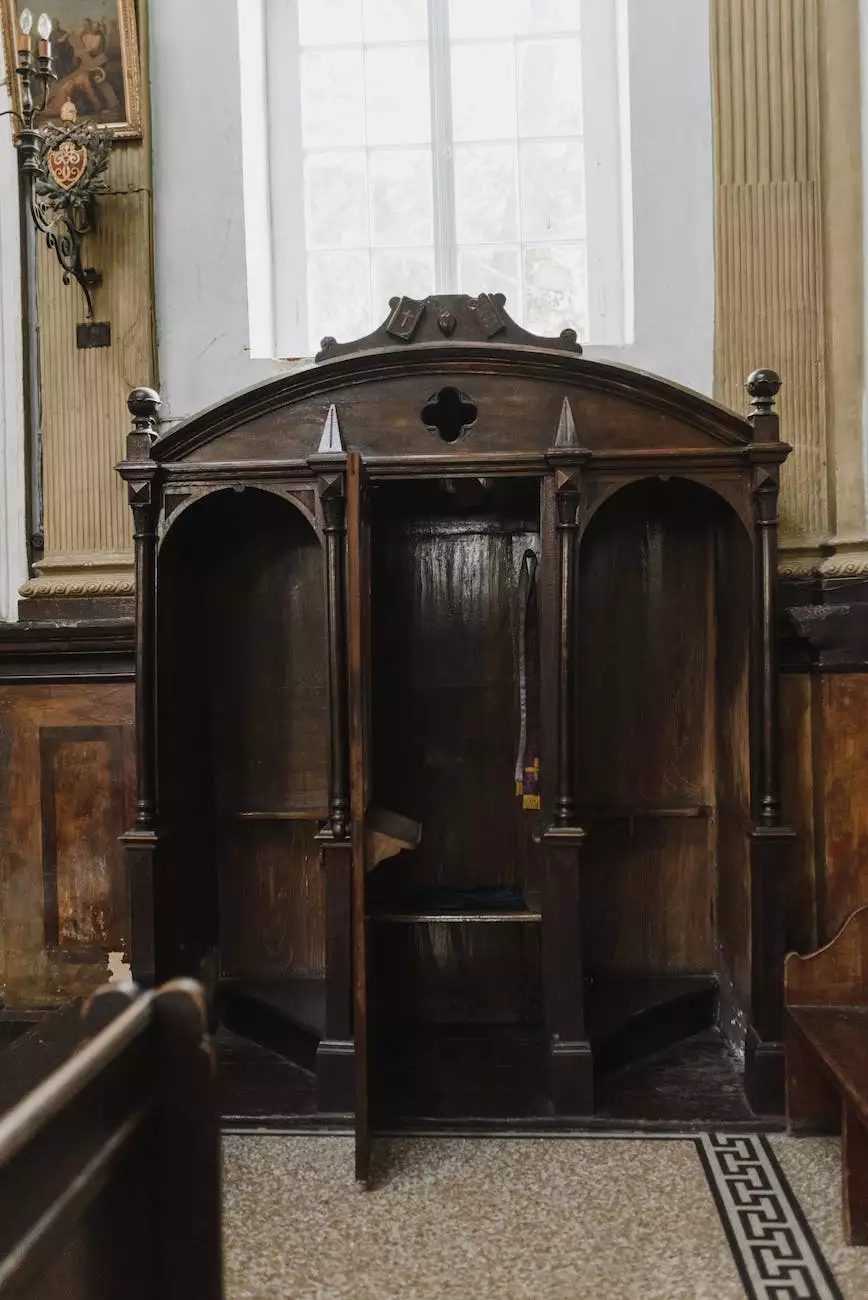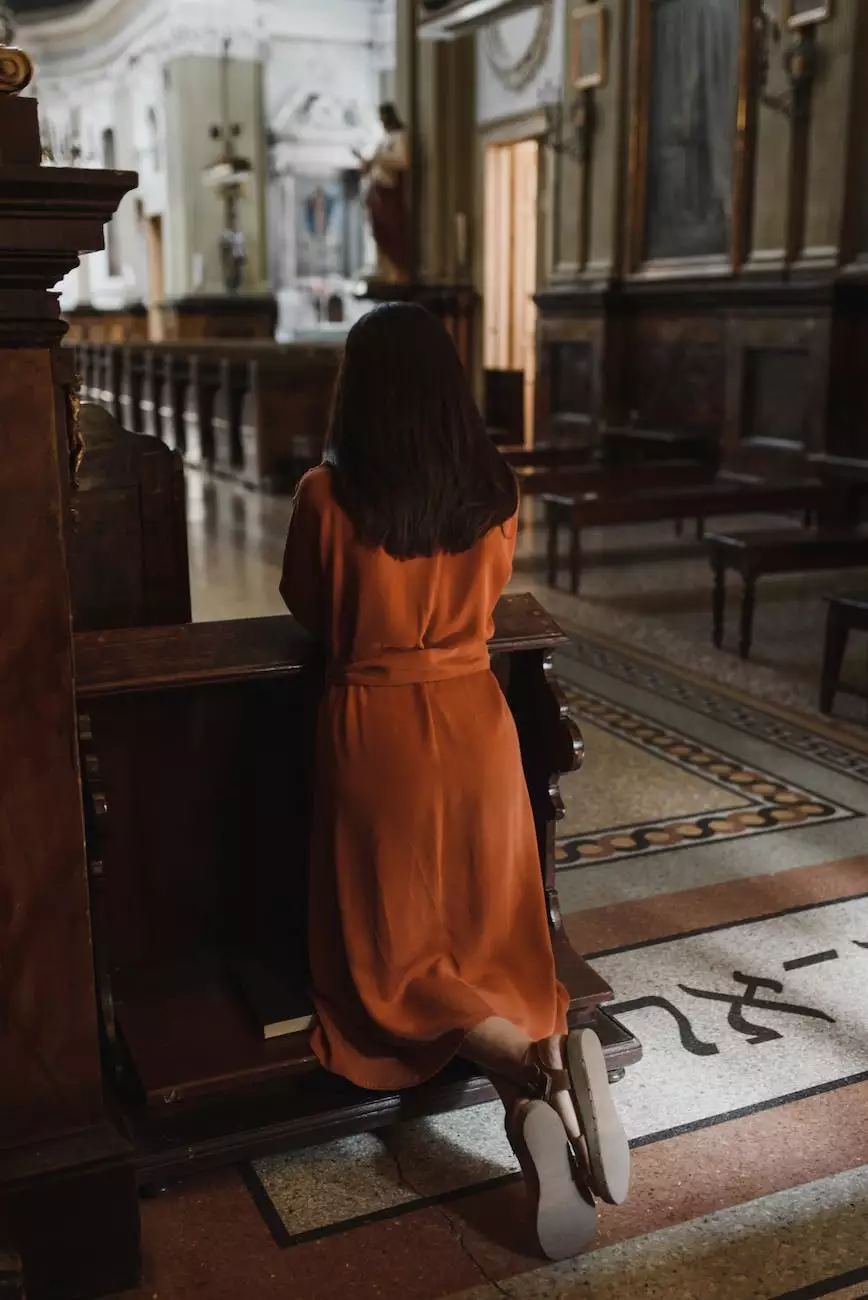Are the New Testament Documents Reliable?
Resources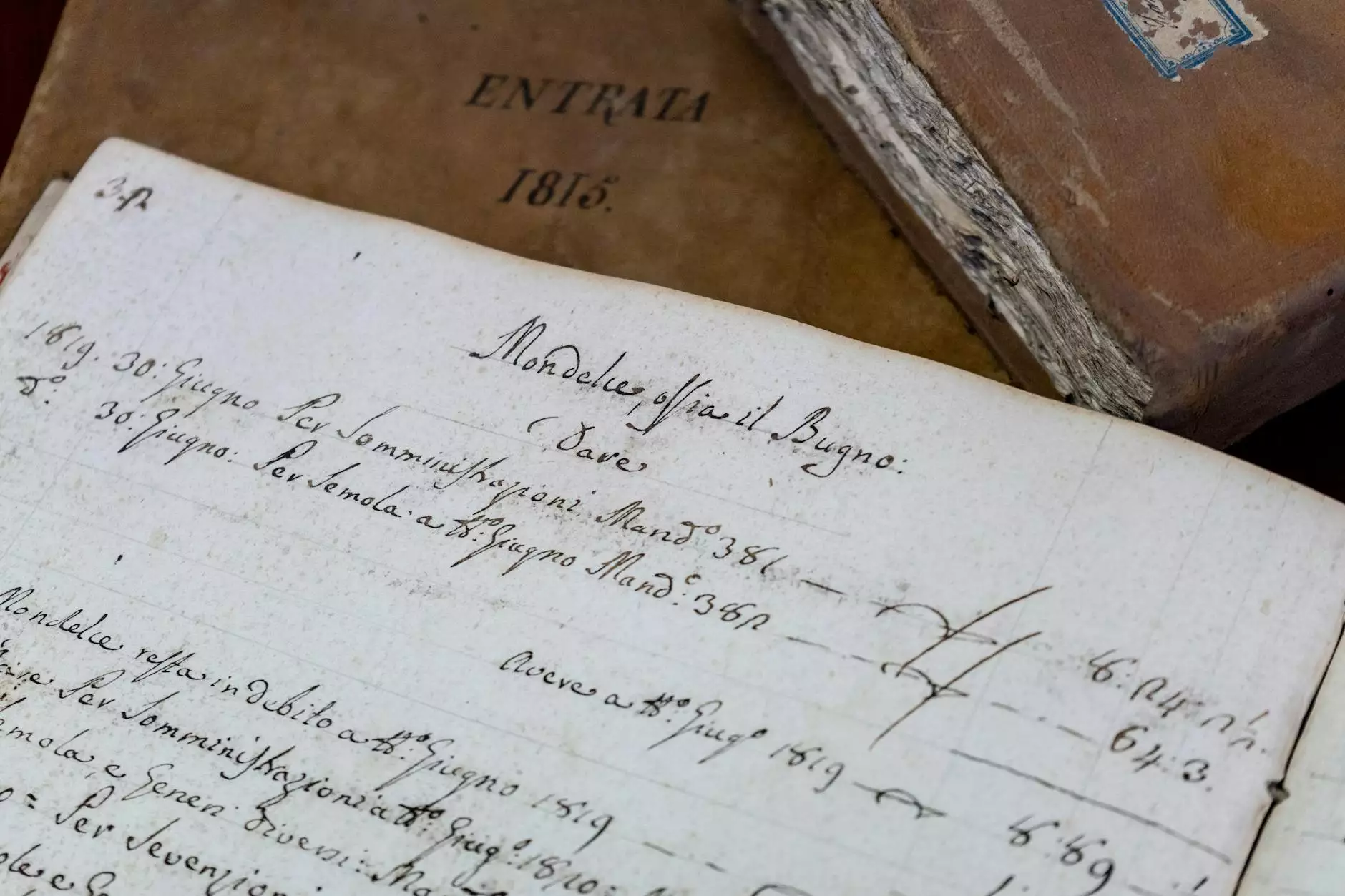
The Importance of the New Testament Documents
The New Testament documents hold immense significance for the Christian faith. They provide the foundation for beliefs, teachings, and practices followed by millions of people around the world. Understanding the reliability of these documents is crucial in affirming the faith of believers and establishing a solid basis for theological discussions.
Historical Accuracy and Authenticity
The question of whether the New Testament documents are reliable requires an examination of their historical accuracy and authenticity. Scholars and historians have extensively studied the manuscripts, and while variations exist due to the hand-copying process, the overall agreement and consistency across different versions affirm their credibility.
The wealth of ancient manuscripts and fragments discovered over the centuries provides valuable evidence for the reliability of the New Testament. These manuscripts, some dating back to the first century, serve as a bridge connecting us to the events and teachings of Jesus and the apostles. The proximity in time to the original writings increases the confidence we can place in their accuracy.
Eyewitness Accounts and Testimonies
One of the compelling aspects of the New Testament documents is the presence of eyewitness accounts and testimonies. The Gospels, for example, were written by individuals who either witnessed the life of Jesus firsthand or were in close contact with those who did. Their detailed descriptions of events, conversations, and miracles provide us with valuable insights into the life and teachings of Jesus Christ.
Furthermore, the inclusion of multiple perspectives through the Gospels allows for a more comprehensive understanding of Jesus' ministry. The different viewpoints offered by Matthew, Mark, Luke, and John offer a cohesive narrative that corroborates the authenticity of the New Testament.
External Historical Corroboration
In addition to the internal evidence within the New Testament documents, there is external historical corroboration that supports their reliability. Ancient sources, such as writings from early Christian leaders and non-Christian historians, mention key figures, events, and locations mentioned in the New Testament.
For instance, the accounts of Roman historian Tacitus and Jewish historian Flavius Josephus provide historical context and confirmation of Jesus' existence, crucifixion, and the early spread of Christianity. These independent sources lend further credibility to the New Testament narrative.
The Impact of Archaeology
Archaeological discoveries continuously shed light on the historical accuracy of the New Testament. Excavations in various regions mentioned in the Bible have unearthed artifacts, inscriptions, and structures that align with the biblical accounts. These discoveries not only corroborate the existence of specific locations but also provide a broader historical context for the events and people described in the New Testament.
Archaeological findings such as the Dead Sea Scrolls, which include fragments of several Old Testament books, demonstrate the meticulous preservation and transmission of ancient texts. This serves as a testament to the reliability of the scribes and the care taken in preserving the sacred scriptures, including the New Testament.
Conclusion
When considering the reliability of the New Testament documents, a comprehensive examination of the historical accuracy, authenticity, eyewitness accounts, external corroboration, and archaeological evidence is essential. The wealth of supporting evidence and the coherence of the writings make a strong case for their reliability. Exploring the reliability of the New Testament documents at Saint Joseph’s Polish Catholic Church will deepen your understanding of the Christian faith and provide a solid foundation for spiritual growth.




